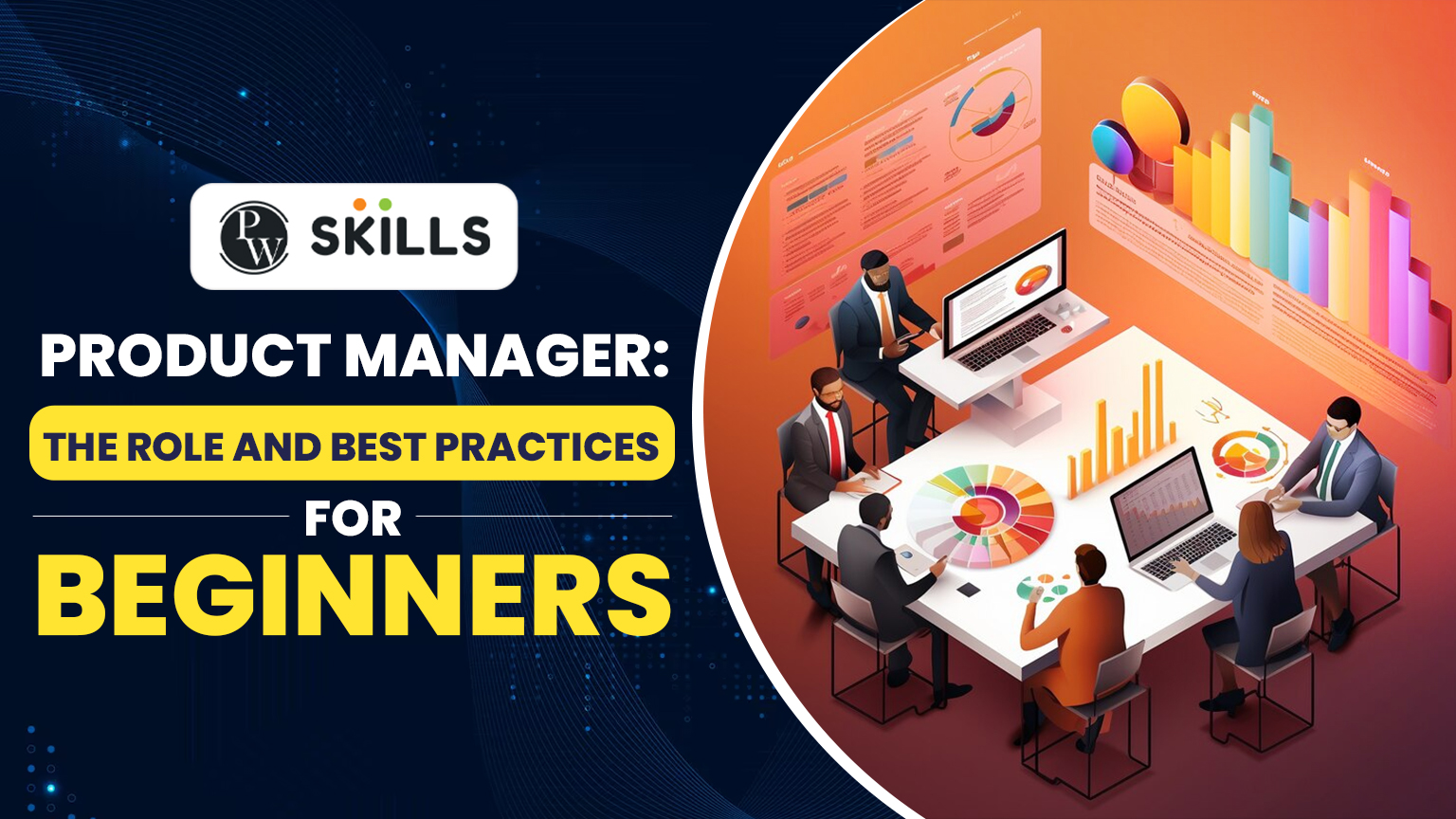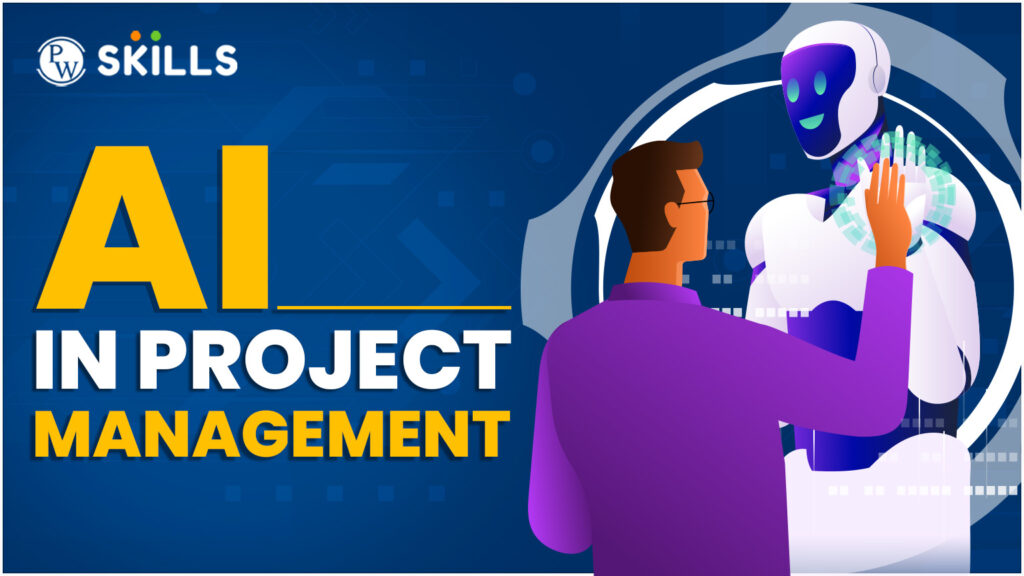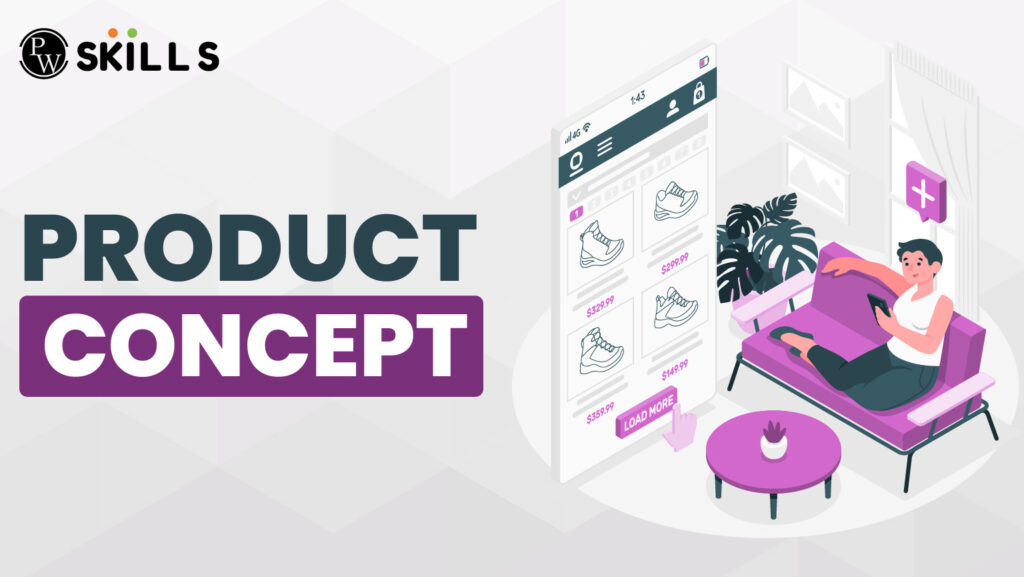The role of a product manager is wide and full of challenges. They are responsible for ensuring a smooth product life cycle throughout the process. They manage planning, overseeing, making strategies, analysing, securing, analysing feedback, etc to ensure the supply of a successful product in the market.
To become a product manager, you need to have certain technical and non technical skills. Let us go through the article to learn about the responsibilities of a product manager.
Who is a Product Manager?
The Manager of product management is an expert who focuses on strategies to create, plan, manage, distribute, secure, provide feedback and optimise product development to meet business needs and customer satisfaction. They focus on overall business strategies to bring long-term growth. They make sure the product is delivered on time and within budget.
Why Pursue a Career in Product Management?
A career in product management can be rewarding and full of opportunities. With the rise of advanced technologies, applications are getting more complex and advanced. It is important to manage product development throughout to ensure an ideal and standard delivery at the end.
Product managers integrate proven strategies, patterns, trends, markets, competitors, and other factors. They also help to set effective communication, collaboration, and feedback.
What does a Product Manager do?
The Product Manager focuses on the overall development of a business based on conducting research on market trends, patterns, services, competitors and other major factors to ensure the product gets success in the market within a feasible budget. In this article, we will discuss some of the major roles of Product managers.
Major Roles of a Product Manager
The Manager of Product Management focuses on overall strategies and roadmaps to ensure effective product delivery and success. Some of the major roles of product management are mentioned below.
1. Product Vision
They define the objectives of the product and effectively communicate the proposed roadmap with the team members. Their approach is based on effective research, market trends, customer requirements, and company objectives.
2. Know User’s need
A product manager looks at the needs of the user and ensures that the product satisfies them. They must identify and compile a list of the requirements and specifications of their target audience. It is necessary to prepare effective strategies in order to align product development with them.
3. Study Competitors
Product managers oversee competitors based on various factors, such as content, price, sales, etc. They work on strategies to fix the shortcomings competitors failed to fulfil. Analyzing a competitor’s profile based on various factors to create effective marketing strategies is known as competitive analysis.
4. Preparation of Strategic Roadmap
They plan various steps to ensure an effective product development cycle. Through the roadmap, it is easy to visualize the complete process of how business objectives will be met and stay on track. Product managers prepare a budget, resource allocation, technologies and tools to be used, and other key factors for product development based on customer’s needs and business objectives.
5. Requirement Specifications
They collect feedback from stakeholders, internal teams, and customers to define the requirements of the products. They prepare a roadmap based on feasibility and impact on users. They provide smart features to help solve requirements easily based on customer’s needs and business objectives.
6. Preparing and Analyzing Reports
They analyze reports to make sure the product’s performance is aligned with the business objectives and customer’s requirements. A Manager of product management can also generate interactive and dynamic reports to analyze progress.
7. Goals Oriented
They perform various analyses and research to make sure the product’s vision meets its objectives. Customer satisfaction is an important factor in a product’s success. They study and analyze insights based on market trends, patterns, customer behaviours and more to make the product a success.
8. Metrics and Analytics
They conduct market research on competitors to help set the business apart and also deliver more quality and effective service to clients. It is important to study trends, customer requirements, behaviours, etc to address their needs. Analyzing these collected data and feedback can help make a data-driven decision for the entire product development.
Skills Required for Product Managers
Skills are important factors in gaining exposure and grab the opportunities for the product management role. Product managers must have certain skills, which are mentioned below.
- Informed Decision Making: A product manager needs to make crucial decisions for the benefit of business as well as clients. With the right approach and quick decision, you can showcase and get many opportunities ahead.
- Analytical Skills. This is a crucial skill for effective analysis, strategies and making better-informed decisions. A Manger of product management needs to extract useful insights and understand the market patterns to derive informed decisions.
- Technical Skills: Having strong technical knowledge is essential for managing product development, such as coding, designing, planning, analysis and more. However, product managers do not specifically need to be expert coders or engineers. They are better able to solve problems, conduct fair analyses, make well-informed decisions, and work with other technical teams.
- Problem-Solving Skills: It is important for product managers to be skilled in implementing smart approaches and presenting effective solutions for complex, unpredicted problems.
- Presentation Skills: Product management requires the ability to present information in a way that is both creative and easy to understand.
- Strategic Thinking: The ability of product management to develop effective and well-informed strategies based on market research, understanding of patterns, trends, etc., with a primary focus on future readiness and the need to recognize and seize opportunities.
- Communication and Collaboration: To connect effectively with various teams, clients, leadership, and other parties, it is critical to possess strong interpersonal skills.
- Effective Time Management: To guarantee that the product development meets the requirements and deadlines, time management is crucial.
Differences Between Product Managers and Project Managers
Some of the crucial differences between product managers and project managers are mentioned below.
| Product Managers Vs. Project Managers | |
| Product Managers | Project Managers |
| They supervise and manage the overall needs of the product, right from the planning phase to release. | They ensure objectives are met and assign tasks accordingly. |
| Their main objective is to develop strategies and deliver a successful product to the market. | Their primary goal is to collaborate with the team and produce the required output within predetermined parameters. |
| They schedule launches, compile data, and make plans and roadmaps for the entire product development stage. | They plan KPs, scope project resources, and other things at different stages of the project development process. |
| They cooperate with cross-functional teams, such as development, testing, operations teams, customers, etc. | They collaborate with the project team and stakeholders. |
| They are creative thinkers who constantly iterate and adapt their products according to their needs. | They concentrate on implementing changes within the parameters and project scope that have been established. |
| User adoption and customer satisfaction are key factors in their success. | Budget adherence, on-time delivery, scope completion, etc. are some of their success factors. |
Learn Product Management with PW Skills
If you are looking to start a career in Product management then join our Product Management with AI Course to start your shining and bright career in Product management. With the power of AI, we offer interactive courses and help you learn and master the abilities of AI to make your work more effective.
Learn from the best industry experts and get perks such as doubt support, practice exercises and assessments, industry-relevant projects, placement assistance, interview preparation, and much more only at pwskills.com.
Manager of Product Management FAQs
Who are product managers?
The product manager is an expert who focuses on strategies to create, plan, manage, distribute, secure, provide feedback and optimize product development to meet business needs and customer satisfaction.
What is the qualification required for a product manager?
Candidate must have completed graduation or postgraduation from a recognized university in Product management or business management.
Can I become a product manager without an MBA?
An MBA is an advanced degree which can help you land a high-profile company. However, an MBA is not mandatory for a manager in a product management role. You can pursue certification programs and training from reputed organizations to gain essential skills and exposure.
Can a fresher become a product manager?
A fresher can become a product manager with the right set of skills as mentioned in the article. Candidates must have strong leadership skills, decision-making capabilities, etc to grab this role.





